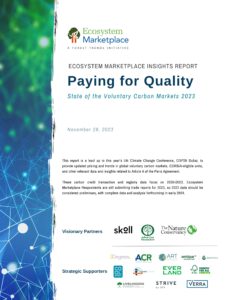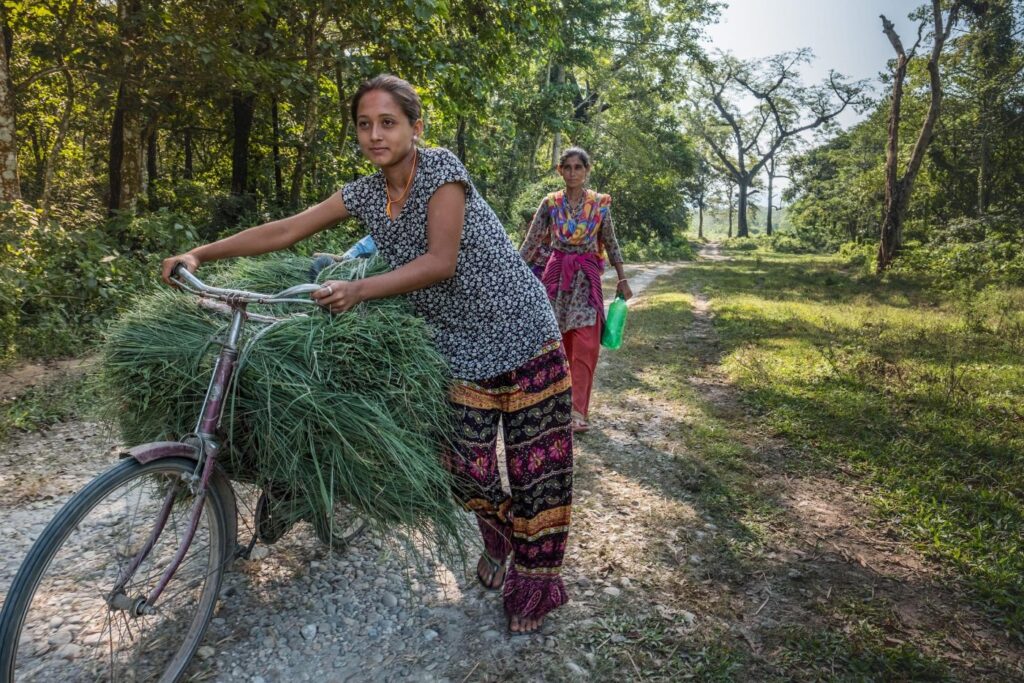
New research published by Ecosystem Marketplace indicates that project co-benefits, which are additional environmental and social benefits beyond carbon sequestration, are driving higher credit prices. This trend is seen across a variety of project types and is influenced by the increasing sophistication of carbon buyers.
The report states that “Credits that certified additional robust environmental and social co-benefits beyond carbon had a significant price premium.” This means that buyers are willing to pay more for credits from projects that demonstrate a positive impact on things like biodiversity, community development, and sustainable development goals.
The report also states that “We’re hearing from project developers that the sophistication of carbon buyers has increased, with buyers setting clear sourcing principles and/or requirements to conduct their own on-site project audits or hiring independent service providers to do this on their behalf.” This indicates a shift in the market towards valuing projects that are not just focused on carbon reductions, but also on demonstrating a broader positive impact.
In addition, the report highlights that “credits from projects with associated SDGs had an 86 percent premium over credits from projects that do not work towards any SDGs, up from a 57 percent premium in 2021.” This shows that buyers are increasingly seeking out projects that contribute to the UN Sustainable Development Goals, and are willing to pay a premium for them.
The report concludes that this trend towards valuing co-benefits is demonstrating “the growing importance of quality and impact in the voluntary carbon market.”
According to Stephen Donofrio, Managing Director of Ecosystem Marketplace, “This is a critical moment for the voluntary carbon markets. While the data do not show the same type of growth by volume present in previous reports, our market analysis shows a critical, increased shift in market behavior towards integrity and quality, shown by an impressive uptick in average credit price. Buyers in the voluntary carbon markets are becoming increasingly sophisticated, and they want to know the true impact of their dollars.”
The new report from Ecosystem Marketplace analyzes self-reported carbon credit transaction data from over 160 respondents to their annual market survey, representing credits from 1,530 projects and over 130 project types traded worldwide. Respondents typically include project developers, investors, and intermediaries. Data on project registrations and credit issuances and retirements were sourced from project registries.
The full report, Paying for Quality: State of the Voluntary Carbon Markets 2023, is available for download here.




